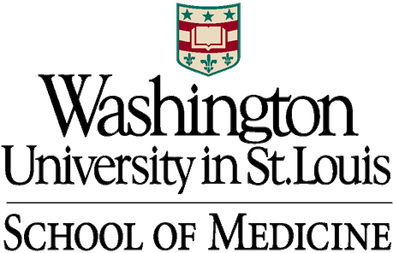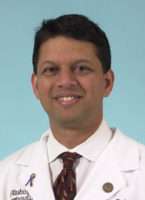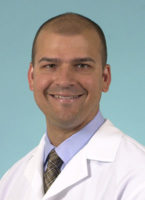
- This event has passed.
16th Annual Galaxy of Gastroenterology

Washington University School of Medicine
November 2 & 3, 2018
Who Should Attend?
This seminar is designed for primary care physicians, gastroenterologists, gastrointestinal surgeons and their associates who participate in the care of patients with gastrointestinal and hepatic disorders.
The course will also be of value to technicians, nurses and physicians who participate in endoscopy, gastrointestinal motility procedures, and pH-monitoring procedures.
Parts of this activity may also be of benefit to pulmonologists and ear, nose, throat specialists.
Course Director
Course Director
Learning & Performance Objectives
The intended result of this continuing medical education activity is to improve knowledge, competence, performance and patient outcomes in the management of gastroenterological diseases by primary care physicians, gastroenterologists, and ancillary staff involvement in the management of gastroenterological diseases. At the completion of this seminar the participant should be able to:
- Review clinical presentation and work-up of common GI ailments, including anorectal disorders, IBS, and celiac disease.
- Explain diagnostic and therapeutic algorithms relevant to GI disorders.
- Comprehend the mechanistic basis for management of commonly encountered GI ailments.
- Become aware of the newest techniques, procedures and therapies in gastroenterology, including endo-FLIP.
- Discuss the evaluation and monitoring of management of inflammatory bowel diseases (IBD).
- Discuss new paradigms in the medical management of liver disease, including hepatitis C.
- Discuss the management options available for obscure GI bleeding.
- Analyze new investigative and therapeutic options in the management of gastroparesis and gastroesophageal reflux.
- Recognize the use of pharmacologic management in functional GI disorders.
- Review current approaches to diagnosis and management of alcoholic and non-alcoholic fatty liver.
- Recognize the options for colon cancer screening and the clinical factors associated with hereditary GI cancer syndromes.
Accreditation
In support of improving patient care, Washington University School of Medicine in St. Louis is jointly accredited by the Accreditation Council for Continuing Medical Education (ACCME), the Accreditation Council for Pharmacy Education (ACPE), and the American Nurses Credentialing Center (ANCC), to provide continuing education for the healthcare team.
Credit available for this activity:
American Medical Association (AMA): Washington University School of Medicine in St. Louis designates this live activity for a maximum of 11.5 AMA PRA Category 1 Credits™. Physicians should claim only the credit commensurate with the extent of their participation in the activity.
American Nurses Credentialing Center (ANCC): Washington University School of Medicine in St. Louis designates this live activity for a maximum of 11 ANCC contact hours.
Accreditation Council for Pharmacy Education (ACPE) This activity is approved for contact hours 11.5 (1.15 CEUs). Attending the full program will earn contact hours 11.5(1.15 CEUs). JA0000340-0000-19-004-L01-P Unique Universal Activity Number. To be awarded credit, participants must have participated in all sessions for the day credit is claimed and complete activity evaluation
ABIM MOC Points: Successful completion of this CME activity, which includes participation in the evaluation component, enables the participant to earn up to 11.5 MOC points in Medical Knowledge in the American Board of Internal Medicine’s (ABIM) Maintenance of Certification (MOC) program. Participants will earn MOC points equivalent to the amount of CME credits claimed for the activity. It is the CME activity provider’s responsibility to submit participant completion information to ACCME for the purpose of granting ABIM MOC credit.


